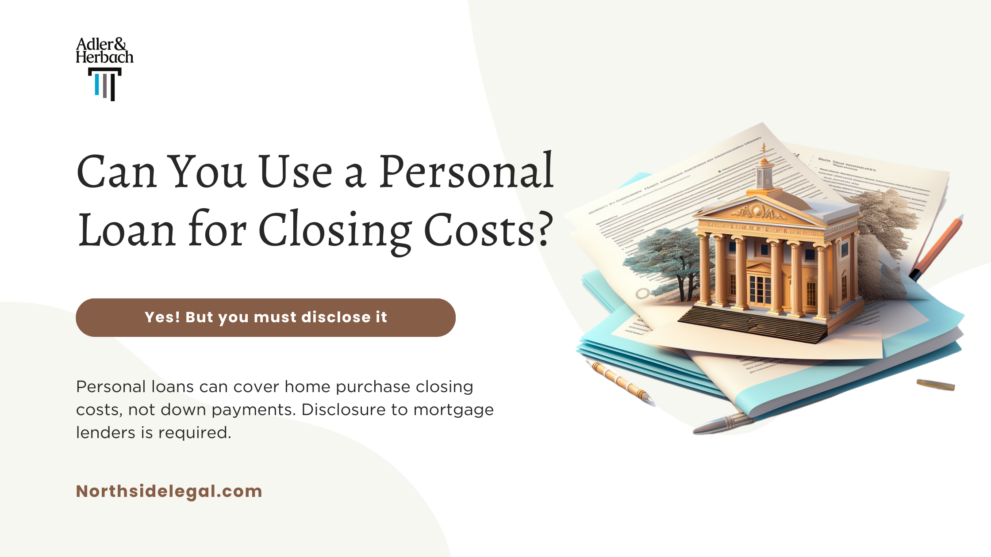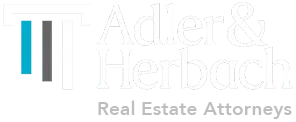Closing on a home purchase involves significant upfront costs beyond just the down payment, including closing costs such as origination fees, appraisal fees, title insurance, taxes, and more. These closing costs typically total 2-5% of the purchase price.
Many homebuyers wonder if taking out a personal loan is a smart option to pay these closing costs. Here is what you need to know about using a personal loan for only closing costs, not the down payment.
Can You Use a Personal Loan for Closing Costs on a House?
Using a personal loan for closing costs on a home purchase is permissible, but not for down payments. These closing costs encompass various fees such as origination charges, taxes, and insurance. Borrowers must disclose the loan to mortgage lenders and account for it in their debt-to-income ratio. Hence, consulting a lender before this decision is vital.

1. A Personal Loan Can Only Cover Closing Costs, Not the Down Payment
Government-backed mortgages (FHA, VA, USDA) and most lenders prohibit using a personal loan for the down payment due to lending regulations and requirements. A personal loan can only be used for closing costs, not for the actual down payment on a home.
What Are Closing Costs?
Closing costs are separate from the down payment and include fees like:
- Origination charges by the lender
- Appraisal and inspection fees
- Title insurance and title fees
- Taxes and homeowners insurance
- Recording fees
- Transfer taxes
- Points paid to lower interest rates
Closing costs can add thousands to your upfront homebuying expenses.
2. Disclose the Personal Loan Upfront
If you do take out a personal loan for closing costs, make sure to disclose this on your mortgage application prior to approval. Failing to disclose the loan could be considered mortgage fraud.
The personal loan payment will be included in the lender’s debt-to-income (DTI) ratio calculations. So you’ll want to make sure your income is sufficient to still qualify with the additional loan payment.
3. Apply for the Personal Loan Early
Ideally, you should apply for a personal loan before submitting your initial mortgage application. This allows the loan to be considered as part of your DTI from the start.
If you apply later, your loan application may need to be modified and re-underwritten to account for the new monthly payment – which could delay closing.
4. Consult Your Lender First
Always discuss your plans with your mortgage lender or loan officer first. Make sure to clarify that the personal loan is only for closing costs, not for the down payment.
This allows the lender to advise you on the best options and implications for your specific situation.
Learn more about
The Bottom Line
Yes, you can use a personal loan to cover closing costs – but not your down payment. Be sure to apply for the loan early and disclose it upfront to avoid issues. With proper planning, a personal loan can help manage the many upfront costs of homebuying.


